Top Class Actions’s website and social media posts use affiliate links. If you make a purchase using such links, we may receive a commission, but it will not result in any additional charges to you. Please review our Affiliate Link Disclosure for more information.

Baby foods sold in the US will soon face recommended limits on the levels of heavy metals they can contain.
The Food and Drug Administration (FDA) has released its “Closer to Zero” action plan to reduce the levels of lead, arsenic, cadmium, and mercury found in baby foods after facing strong political and community pressure.
The plan, which was released on April 8, lays out a multiyear process of evaluating the science, establishing maximum acceptable levels, monitoring manufacturers’ compliance, and taking enforcement actions, reports The Washington Post.
The FDA intends to establish maximum levels of lead by April 2022, and arsenic by April 2024, with final rulings coming after 2024. It has not announced a timeline for establishing guidance on cadmium and mercury.
“Reducing exposure to toxic elements—especially for babies and children—is one of the FDA’s highest priorities,” the agency says in the plan.
“Our goal of moving us closer to zero exposure to toxic elements from foods reflects our commitment to take significant steps to help reduce contamination. However, because fruits, vegetables, and grains can ‘take up’ toxic elements in the environment from the water, soil, and air, there are limits to how low the levels can be reduced.”
The established maximum levels will be voluntary for manufacturers.
If your child has consumed one of the contaminated baby food brands and was diagnosed with autism, another neurological disorder, or a cognitive deficiency, you may qualify for a lawsuit claim review!
In a statement to The Washington Post, an FDA spokesperson said, “Although action levels are not binding, we have seen that, over the years, our guidance on action levels and other actions have contributed to significant reductions of toxic elements in food.”
The plan comes after a congressional report was released in February, highlighting how many of the baby food products made by the largest manufacturers in the US contain significant levels of lead, arsenic, cadmium, and mercury.
After the release of the report, more than 40 lawsuits were lodged over the alleged contamination, including 38 proposed class actions, across the country. Then in March, Plaintiffs filed a motion asking the Judicial Panel on Multidistrict Litigation to consolidate the cases in the Eastern District of New York.
The lawsuits allege Gerber, Beech-Nut, and Plum Organics are misleading consumers about the safety of the ingredients in their baby food by implying that the products undergo rigorous testing, despite having been found to contain significant levels of heavy metal.
Heavy metals can enter foods through soil or water and can be introduced through additives and mixes. Pediatricians say that while the levels found in single baby food items do not pose a significant health risk to babies, long-term exposure can cause lasting neurodevelopmental disabilities in children.
According to research, exposing young children to small amounts of heavy metals increases the risk of several health problems, including lower IQ, behavioral problems, autism, and attention deficit disorder, reports The Washington Post.
Nonprofit advocacy groups, members of Congress, and parents have demanded that the FDA take action on the issue.
In March, the Baby Food Safety Act of 2021 was introduced in the House of Representatives. The bill would require the FDA to establish separate limits for baby cereal and all other baby foods for cadmium, inorganic arsenic, lead, and mercury.
Democratic Representative Raja Krishnamoorthi, one of the Representatives who introduced the bill, told The Washington Post that the FDA’s timeline was too long, and that he had numerous concerns about the plan.
“One is that the timelines for setting the action levels are too long. Two, there are no timelines for cadmium and mercury. And I didn’t see any mention of a requirement that companies test their finished products for these toxic heavy metals or that the companies disclose the results of the tests.”
Meanwhile, many baby food manufacturers who sell their products internationally have already started to reduce heavy metal contamination after the EU established limits on heavy metals.
Do you have concerns about heavy metal contamination in the food you feed your baby? Let us know in the comments section!
Read About More Class Action Lawsuits & Class Action Settlements:
- Class Action Lawsuits Served After Baby Food Toxic Metal Contamination Report
- Nurture Served Class Action Lawsuit Over Toxic Metals in Baby Food
- Walmart Baby Food Contains Dangerous Toxic Metals, Class Action Lawsuit Alleges
- Recall Alert: Infant Bath Seat Sold on Amazon Recalled Over Drowning Hazard



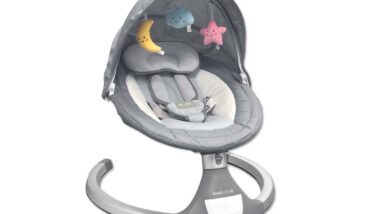


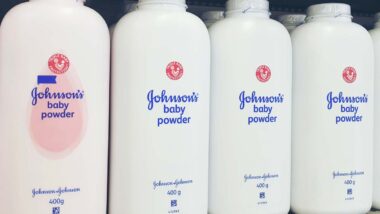
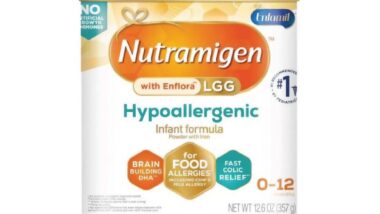
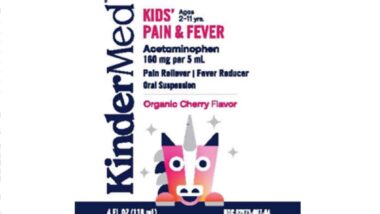
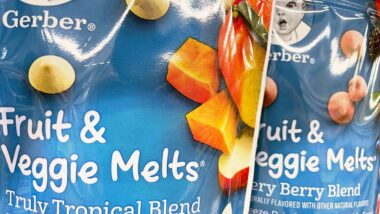
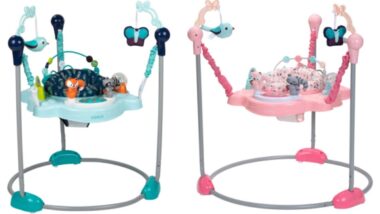

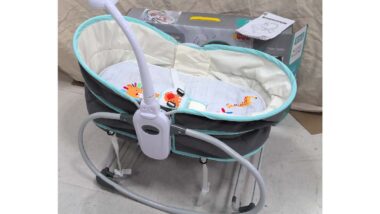
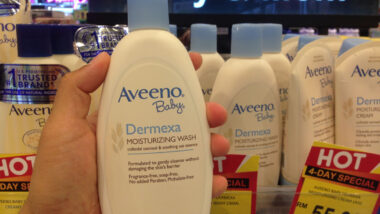
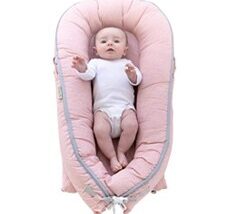
4 thoughts onFDA Releases Action Plan to Reduce Heavy Metals in Baby Foods
Add me please
Add me
Add me
Add me